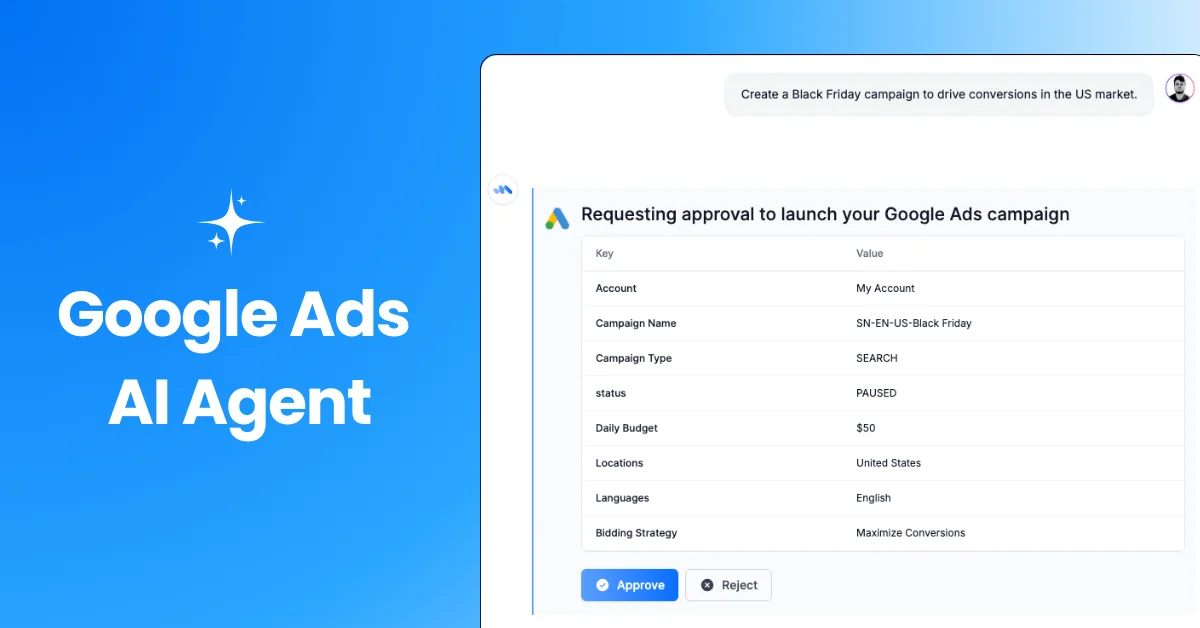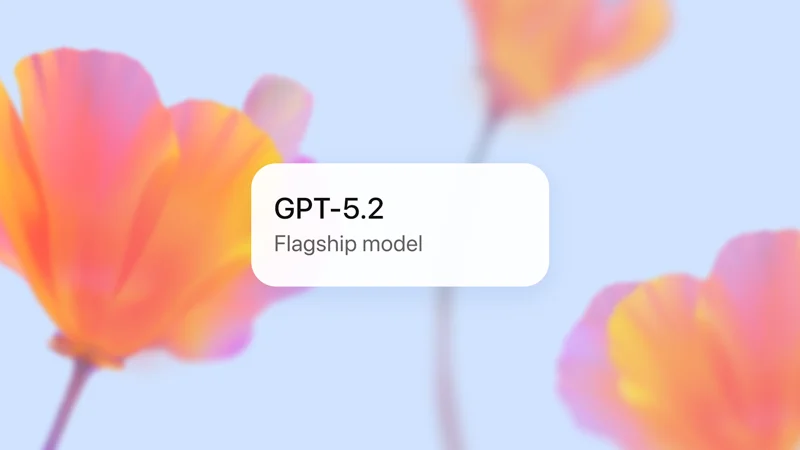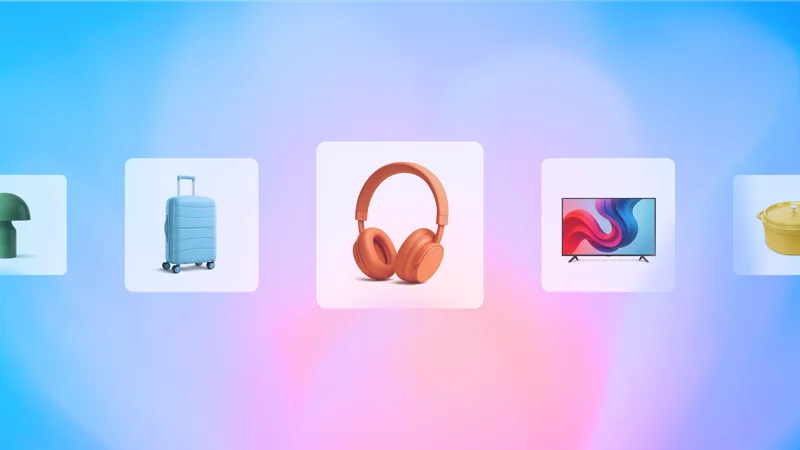Today OpenAI is launching Codex, a cloud-based software engineering agent powered by codex-1, designed to handle multiple coding tasks in parallel. Available initially to ChatGPT Pro, Team, and Enterprise users, with Plus and Edu users soon to follow, Codex can write features, fix bugs, answer codebase questions, and propose pull requests. Each task runs in an isolated cloud sandbox preloaded with the user's repository, allowing Codex to read, edit files, and run commands like tests and linters. Task durations vary from 1 to 30 minutes, with real-time progress monitoring.
How Codex Works
Codex operates through a sidebar in ChatGPT where users assign tasks by typing prompts and clicking “Code” or “Ask.” Each task is processed independently in a secure container with no internet access, limiting interaction to the provided codebase and configured dependencies. Codex commits changes in its environment and provides verifiable evidence via terminal logs and test outputs, enabling users to review, request revisions, open pull requests, or integrate changes locally. It can be guided by AGENTS.md files within repositories, which instruct Codex on navigating the codebase, running tests, and adhering to project standards. Even without these files, codex-1 performs strongly on internal benchmarks.
Safety and Trustworthiness
Security and transparency are priorities. Codex refuses requests related to malicious software development while supporting legitimate tasks. Users must manually review all generated code. The agent communicates clearly when uncertain or when tests fail, helping users make informed decisions.
Alignment with Human Preferences
Codex was trained to align closely with human coding styles and standards, producing cleaner patches ready for review and integration compared to previous models.
Early Use Cases and Adoption
OpenAI engineers use Codex to offload repetitive tasks like refactoring, writing tests, and bug fixing, helping maintain focus and accelerate development. External partners such as Cisco, Temporal, Superhuman, and Kodiak employ Codex for feature development, debugging, test coverage, and understanding unfamiliar code. These teams report improved productivity and workflow efficiency.
Codex CLI and Model Updates
The Codex CLI, an open-source terminal coding agent, now includes a smaller, faster codex-mini-latest model optimized for low-latency code Q&A and editing. Users can sign in with ChatGPT accounts for easier API key management and receive free API credits.
Availability, Pricing, and Limitations
Codex is rolling out globally to ChatGPT Pro, Enterprise, and Team users with generous free access initially, followed by rate-limited and paid options. The codex-mini-latest model is available via the Responses API, priced at $1.50 per 1M input tokens and $6 per 1M output tokens, with a 75% prompt caching discount. As a research preview, Codex currently lacks features like image input and mid-task course correction. Remote task delegation takes longer than interactive editing but is expected to improve.
Future Directions
OpenAI envisions a future where developers delegate tasks to AI agents, combining real-time pairing and asynchronous workflows for higher productivity. Upcoming features include interactive guidance mid-task, proactive progress updates, and deeper integrations with tools like GitHub, issue trackers, and CI systems. OpenAI continues collaborating with partners to understand the broader impact of AI agents on developer workflows and skills globally.
System Message and Workflow Guidance
The codex-1 system message defines default behavior, emphasizing Git usage, running all tests specified in AGENTS.md files, and respecting repository-specific instructions. Citations and verifiable logs ensure transparency and traceability of Codex’s actions.
Codex represents a significant advancement in AI-assisted software engineering, providing scalable, secure, and human-aligned coding assistance integrated into developer workflows.












